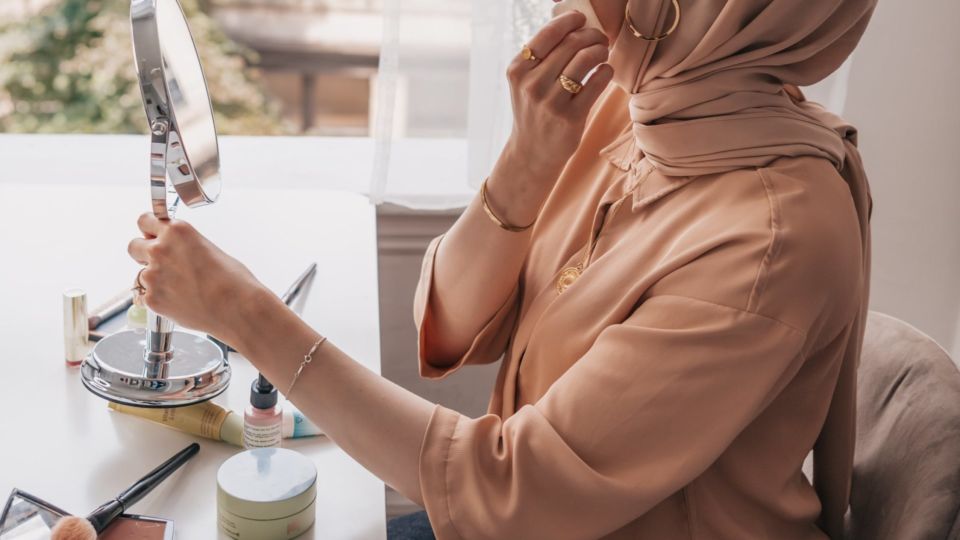The Department of Science and Technology announced that they have developed a range of halal-certified skincare and beauty products through their Industrial Technology Development Institute (ITDI).
Muslims make up 5 percent of the Philippines’ population, of whom majority are Catholic — who likely suffer from a lack of halal-certified personal care products on the market.
These products include lipstick and lip balm, which both contain shea butter and either virgin coconut oil (VCO) or avocado oil; soap made from avocado oil, shea butter, and VCO infused with lemon and cucumber extracts; shampoo infused with lemongrass oil, VCO, peppermint, wheatgerm oil, and rosemary essential oil; and toothpaste containing VCO, papaya extract, and peppermint.
The DOST added that consumers with particular preferences or ingredient restrictions may also find value in these halal-compliant products thanks to the list of special ingredients.
The science bureau explained that as a halal-compliant range, the products are ethically made, cruelty-free, and environment-friendly.
A halal product is non-toxic, non-poisonous, and is free of contaminations, impurities, harmful ingredients, and najis — or ritually unclean elements.
“Normally, when we hear the word ‘halal’, we automatically correlate its importance to food like in food services or food industries. But, I think it is also equally important to consider that the raw materials used in producing cosmetics and personal care are those that tend to be ingested, inhaled and absorbed by the skin. Thus, halal compliance should be given enough attention as well for cosmetics and personal care products,” Ma. Rachel Parcon, supervising science research specialist of DoST-ITDI said.
READ: Got mild COVID symptoms? Try virgin coconut oil, says DOST




